Curio Critique # 17: On provisions for delinquent children
| Sl. No. | Curio Book Title | Year of Publication |
|---|---|---|
| 17 | Legislation and Judicial Decisions Relating to Education -October 1,1990 to October 1,1912 | 1912 |
Curio Book
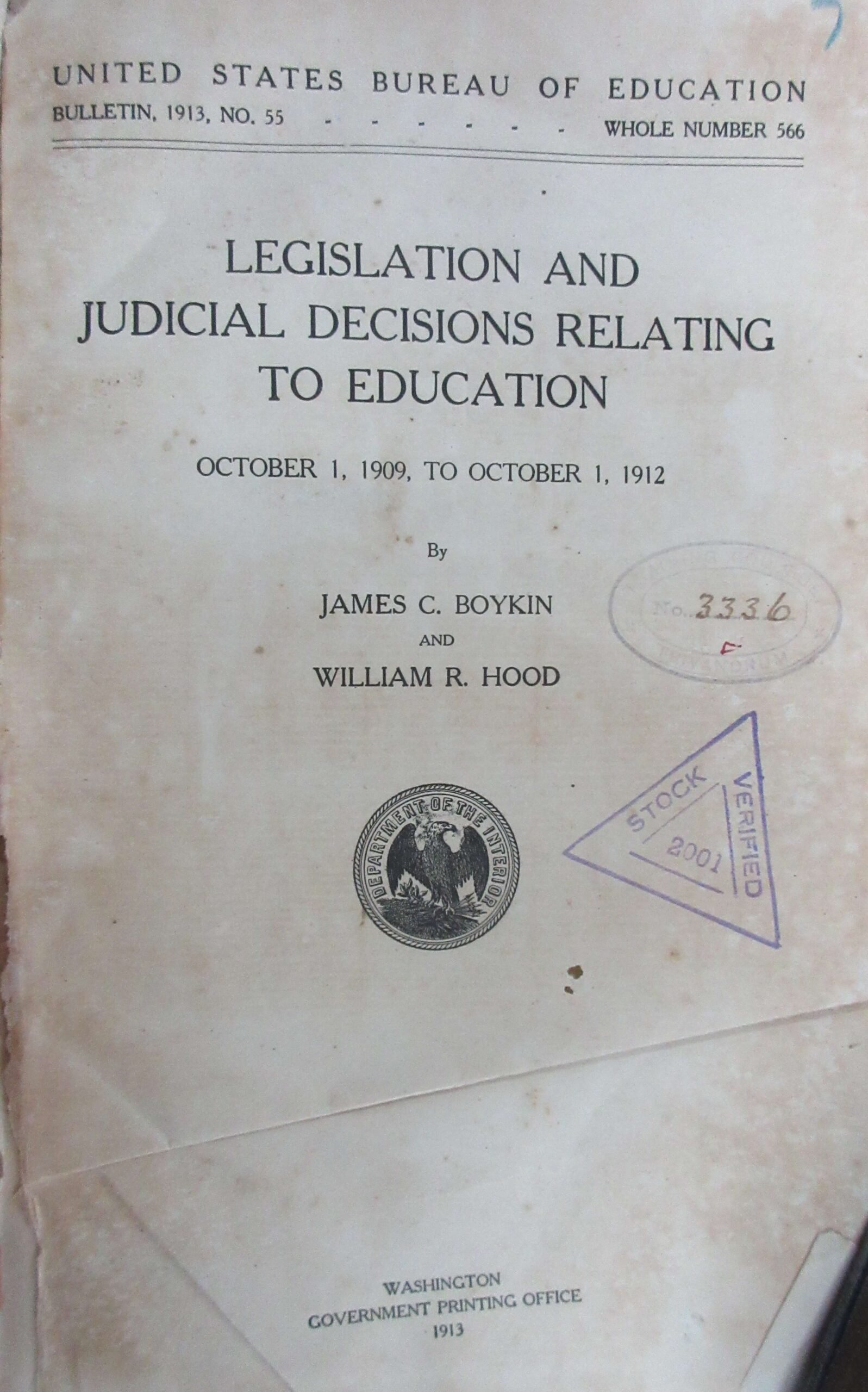
Curio Reference
A definition of delinquent child reads: “... is a child of a certain age, who has violated a criminal law or engaged in a disobedient, indecent or immoral conduct. A delinquent child is usually in need of rehabilitation”.
A legal definition of the delinquent child reads:
A delinquent child is any minor who prior to his 17th birthday has violated or attempted to violate, regardless of where the act occurred, any federal or State law or municipal ordinance.- (Statute-Illinois State)
One of the Articles of the Legislation and judicial Decision published in 1912 in the US relates to delinquent children-(Art.XVII)

Related References
One hundred years later, the following statistical data appeared in the Juvenile Offenders and Victims: National Report Series Bulletin of the US department of State.
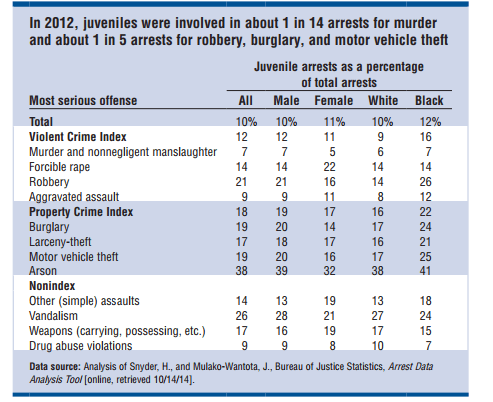
In 2015, citing official data, Amod K. Kanth, Chairperson of the Delhi Commission for Protection of Child Rights (DCPCR) said that around 27-30 lakh IPC crimes were committed annually in India, of which around 38 thousand relate to children. “Out of this, about 3-5 thousand serious crimes are committed by children”.
In 2014, Aparna Ravi’s article in The Indian Express entitled Child and Punishment had an image and caption which speaks volumes about the issue:
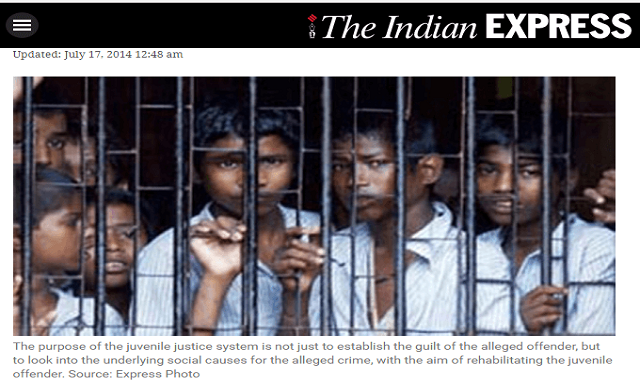
A post in The Hindustan Times- Online (April 17,2016) entitled Juvenile crime: The new age of offence by Poulomi Banerjee and Danish Raza makes use of a fairly illustrative infographics by Anand Sinha to suggest the possible causes for juvenile crime.
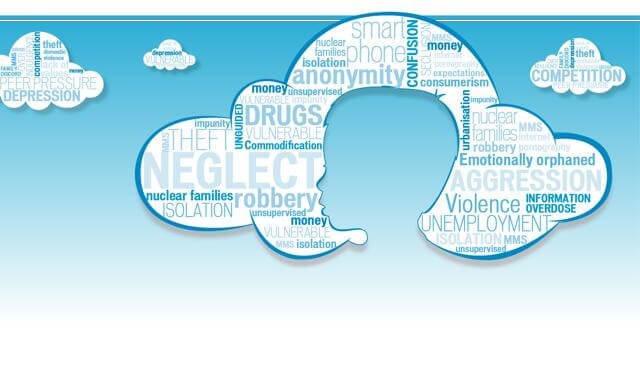
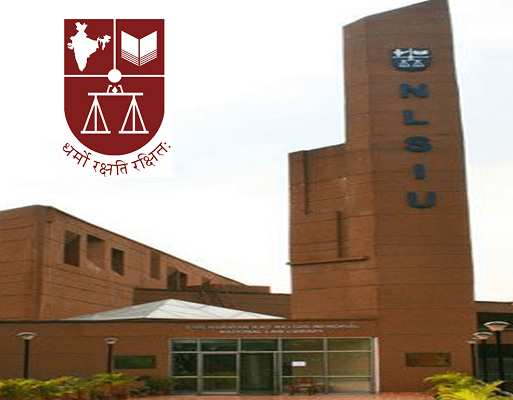
While recent events in India triggered discussions among sociologists and legal experts on aspects of the legislations related to juveniles, a thought provoking paper entitled The Juvenile Justice System in India and Children who commit serious offences – Reflections on the Way Forward was published by the Centre for Child and the Law (CCL), National Law School of India University NLSIU, Bangalore. The paper concludes :
The response to juvenile crime has to be fair, age-appropriate and reflective of an understanding of developmental psychology. Any amendment to existing law requires in-depth understanding of the jurisprudence, philosophy and impact of the current law...A number of countries around the world are moving away from policies of deterrence to that of restorative and reformative justice. India has a fairly progressive law grounded in universally recognized principles and approaches. The way forward should therefore be to demonstrate that the reformative/rehabilitative/ model does work, and that as a country with one of the best constitutions in the world, and a wealth of healing traditions, we have the vision, the will and the heart to prove it. Our children, our victims of juvenile crime and our society deserve no less.
Curio Quest
How effective is the education of delinquent children in Kerala State ?
